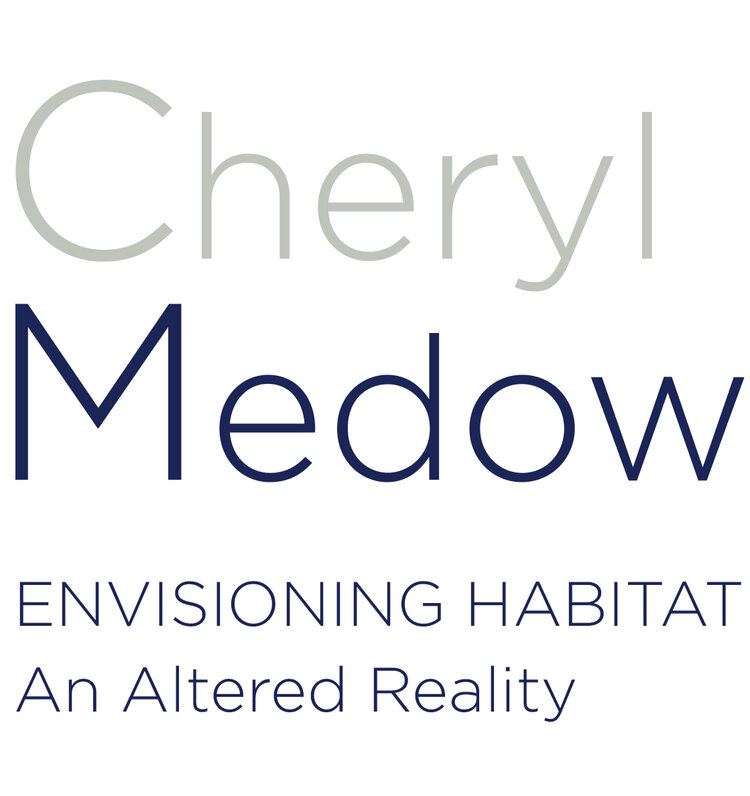ABOUT THE SERIES
National Geographic has described my approach as "The art of birds, revealed through an altered reality."
The Envisioning Habitat an altered reality series currently features over 50 final works. To view additional images from the series, please contact the artist.
VIEW SELECTED PORTFOLIO »»
Through my series Envisioning Habitat An Altered Reality, I present the beauty and majesty of birds to others. They are part of the world around us and must not be forgotten. If for a moment, the viewer can be transported through my photographic compositions to a new space, where time stands still and everyday problems are set aside, I have accomplished my calling.
Over the last two decades I have been photographing nature in search of a combination of image to landscape that matches my excitement about the world around me. I draw inspiration from the Hudson River School painters who with sketchpads set off into the field to gather the elements of their paintings which they later selectively combined in the studio. When someone went to the Hudson River looking for a particular painting's location they couldn't find it because it didn't exist in the real world. The artist had reassembled nature to achieve a unique, amplifying effect, and that's what I'm trying to do, too.
In my ongoing series Envisioning Habitat An Altered Reality I travel to Florida, Africa, and Central and South America to photograph birds that few ever have an opportunity to see in the wild. To record these majestic creatures in their habitat requires great patience and a 600 millimeter lens. The resulting shallow depth of field turns background into an unidentifiable blur—essentially creating portraits without context. Though these images are natural, the level of detail is decidedly not: in the real world for any number of reasons the naked eye cannot capture what the camera can. Initially I tried to restore the missing backgrounds with images taken from the original landscape, but then realized I could put my subjects anywhere, and when I altered the scale of the new environments and the subjects' relative size in them something magical happened. The ordinary was transformed into the extraordinary; what was hidden in plain sight—the fantastical, fragile, timeless beauty of these creatures—became not just apparent, but visceral.

